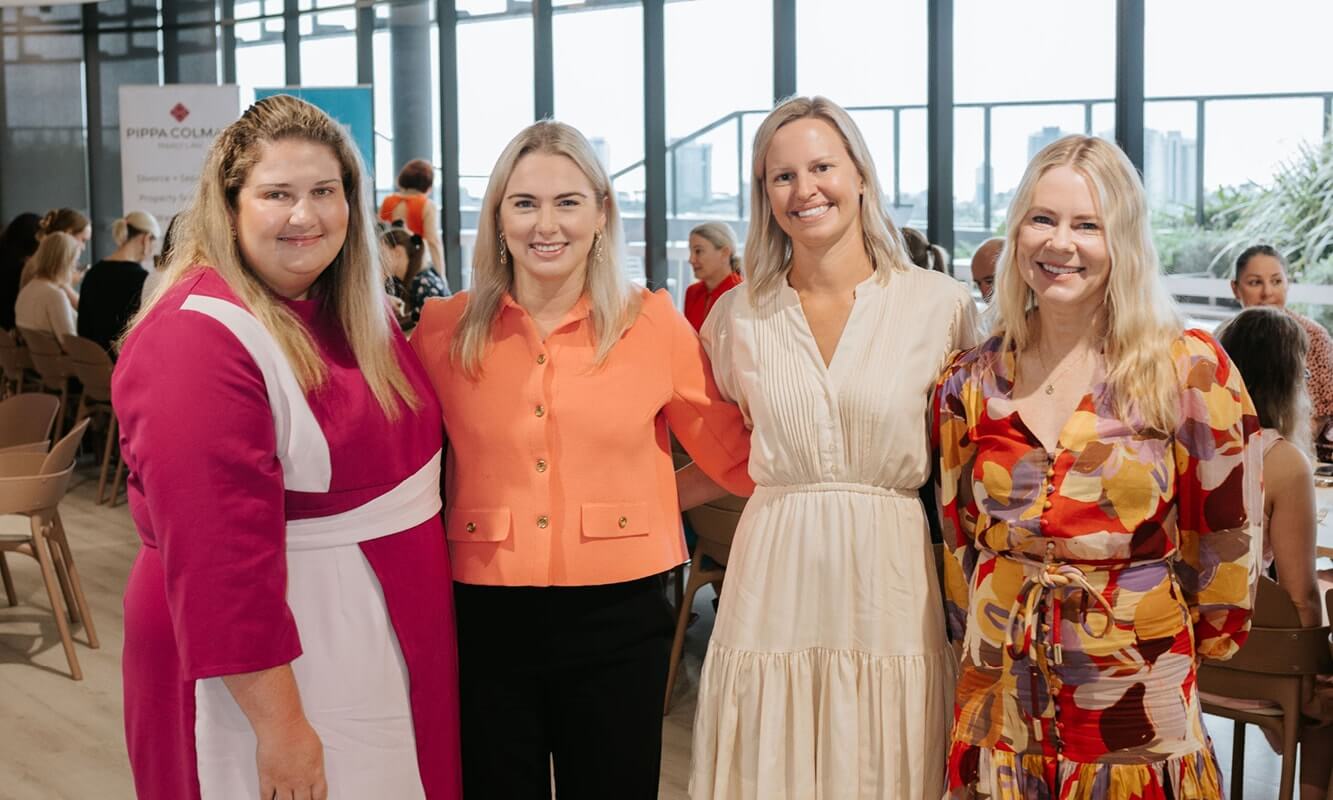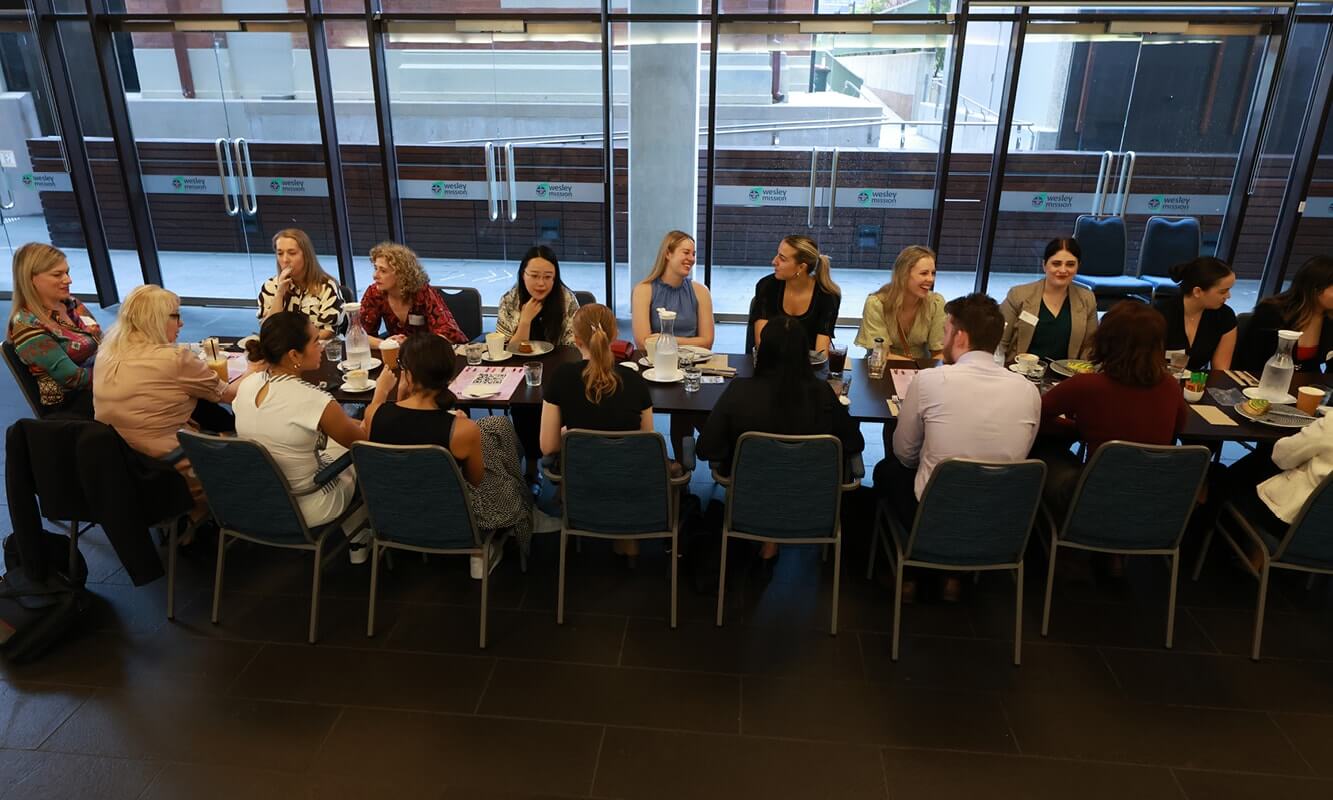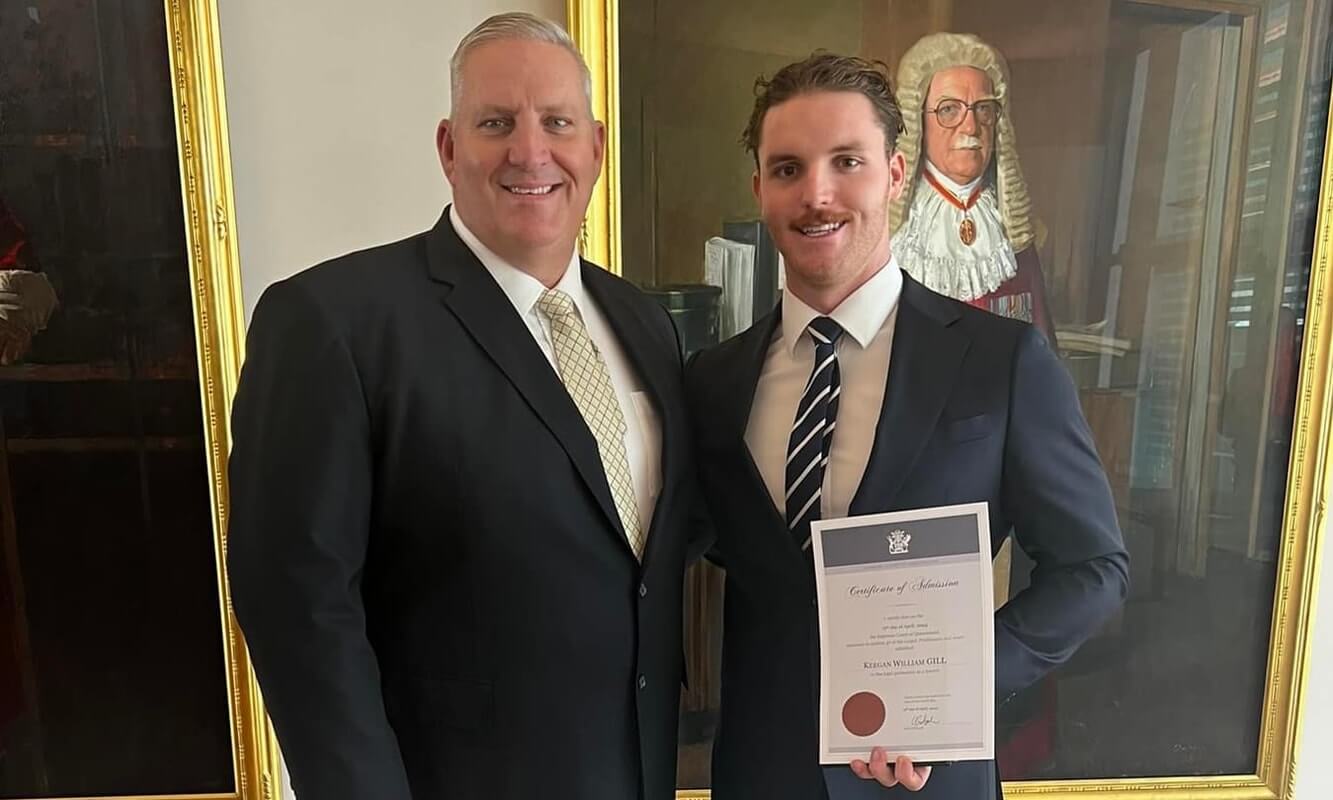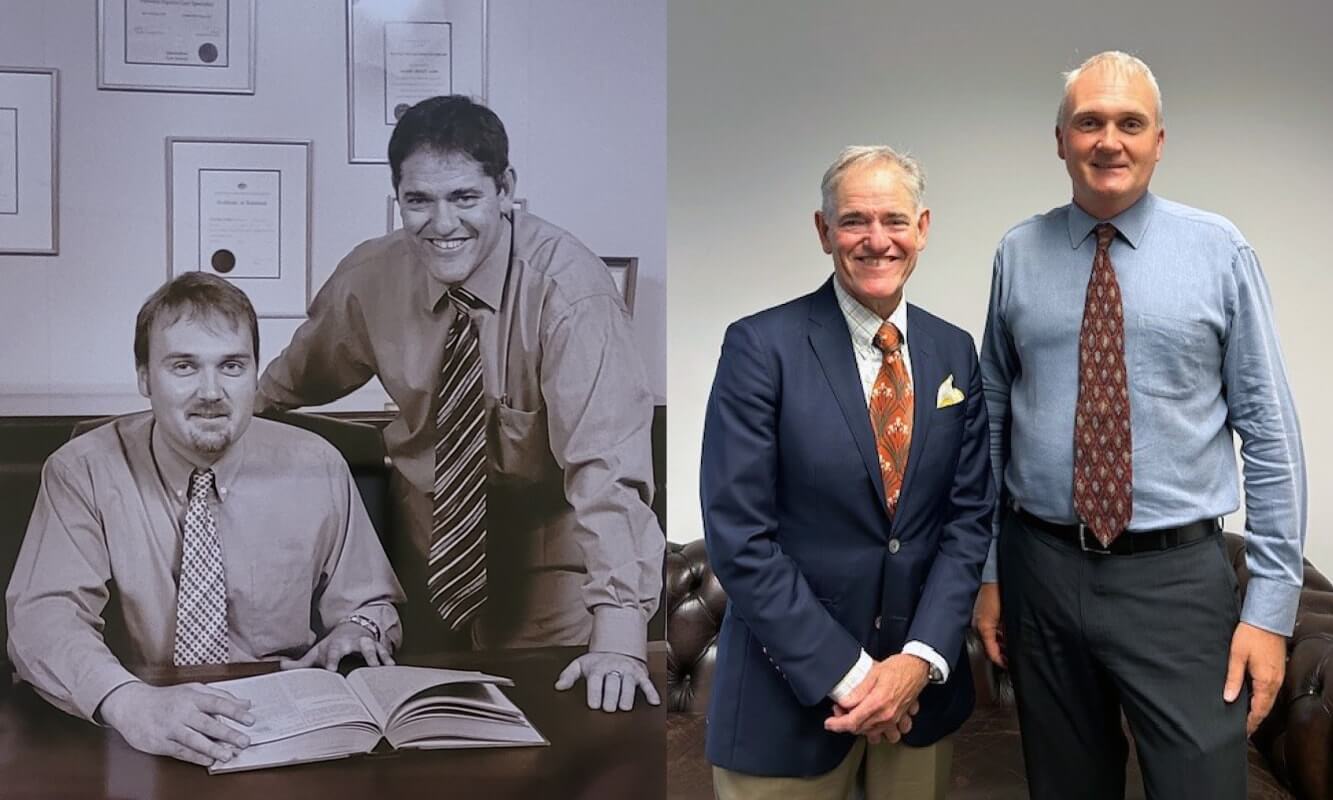It is trite to note that social media now plays an outsize role in building and maintaining an organisation’s reputation, and that this presents both opportunities and peril.
Use it properly and social media can create great engagement with stakeholders and a prominent profile; get it wrong and the potential for exponential reputational damage is significant.
For these reasons, it is important that in-house counsel are part of the conversation when social media strategies are developed, to ensure that non-lawyers involved are aware of the potential dangers and what preventative measures can be taken to avoid mishaps.
Those whose job it is to market a company may embrace digital media far less critically given the potential it has to help them achieve their goals (and KPIs) and naturally, what their job entails.
Given the ability of digital networks to exponentially spread information, it can be a one-shot deal; once the wrong message is out there it can be hard to rein in. A wayward comment can take minutes to go viral and years to counteract, so it is important that social media use has checks and balances. Unfettered or unfiltered social media can establish a false narrative which becomes very resistant to challenge.
Case in point is Donald Trump’s continual claims that the last US federal election was stolen from him, via various means. That narrative, despite a complete absence of evidence, has become entrenched in the minds of many US citizens. It perseveres despite rulings from many courts dismissing the argument, and indeed criticising some lawyers from even making it.
The problem, as US security services will attest, is that the dismissal of Trump’s claims came far too late. Confidence in the US electoral system had been undermined prior to the vote, and the false narrative set in train before the fact. In short, there is a significant first-mover advantage when it comes to social media narratives.
It is for this reason that, once US military intelligence was convinced Vladimir Putin intended to invade Ukraine, the United States took the unusual decision to disclose its intelligence publicly. That decision was made because the US knew that Putin would combine the invasion with a disinformation campaign designed to establish a narrative of Russia rescuing Ukrainians from Nazism – and that the best way to counter that narrative was to get the truth out first.
Russia has indeed attempted to establish a false narrative, but the US’ proactive release of its intelligence has blunted that effort significantly. Despite staged videos, ‘false flag’ actions and swarming social media with fake news, Russia is losing the information conflict because the truth was already out there.
Surprisingly, there is a lesson in-house counsel can take from this scenario: prevention is better than cure. By ensuring a strong and accurate social media presence, organisations can protect themselves against misinformation campaigns, and limit the damage of social media slip-ups. The key for in-house counsel is to ensure they are consulted on social media activities before those activities are undertaken.
The best way of doing this is the establishment of a robust and effective social media policy, which should:
- be clear and unambiguous
- apply to both work and personal platforms
- provide guidelines for appropriate use
- require users to be clear when representing their employer
- prohibit harassment, bullying, discrimination, offensive/inappropriate comments
- prohibit inappropriate use of confidential information
- specify potential consequences of breach
- be reviewed and updated regularly
- be supported by mandatory training and assessment.
For a comprehensive consideration of the issues involved, practitioners should consult QLS Guidance Statement No.24 Ethical considerations on the use of social media and law practice websites.
In-house counsel should ensure that they are involved in the development and monitoring of these polices, and consulted on social media strategies. They should also be a part of the response when errors occur; that way they can ensure that their response is truthful, timely and lawful.
Shane Budden is a Special Counsel, Ethics, with the Queensland Law Society Ethics and Practice Centre.














Share this article